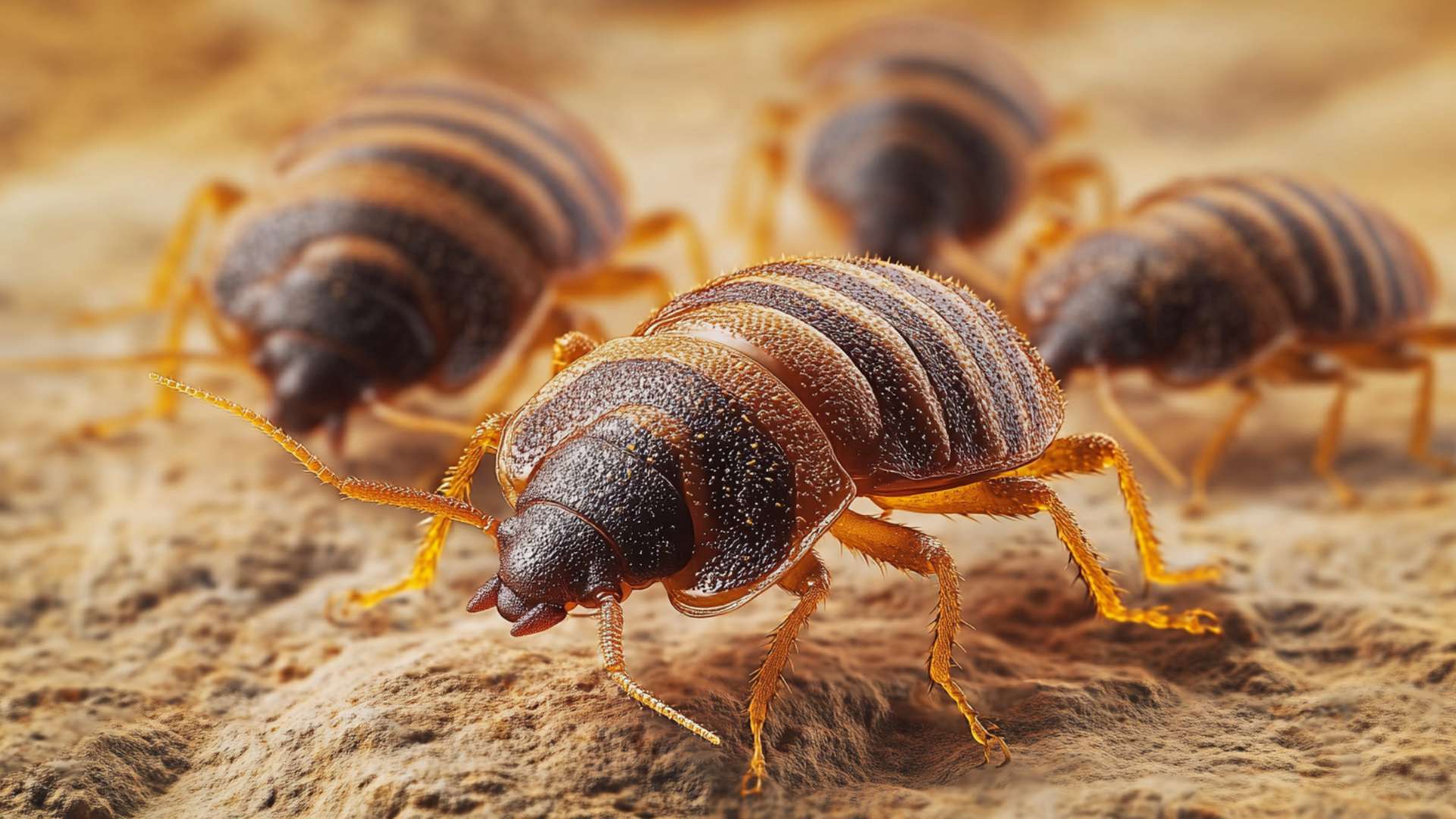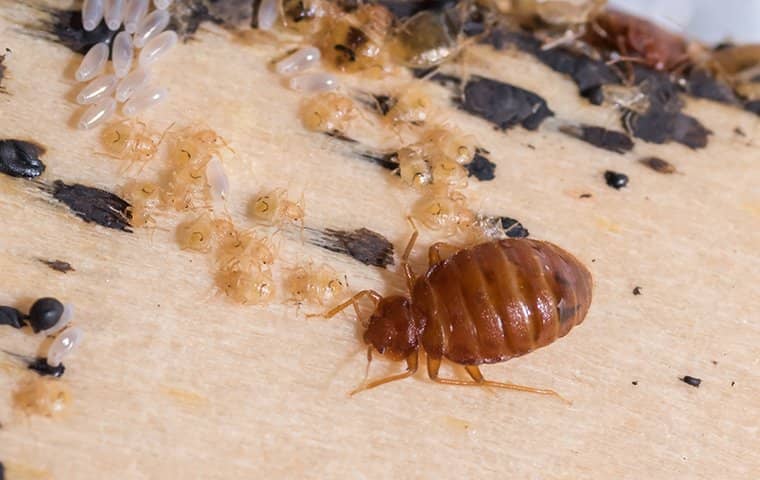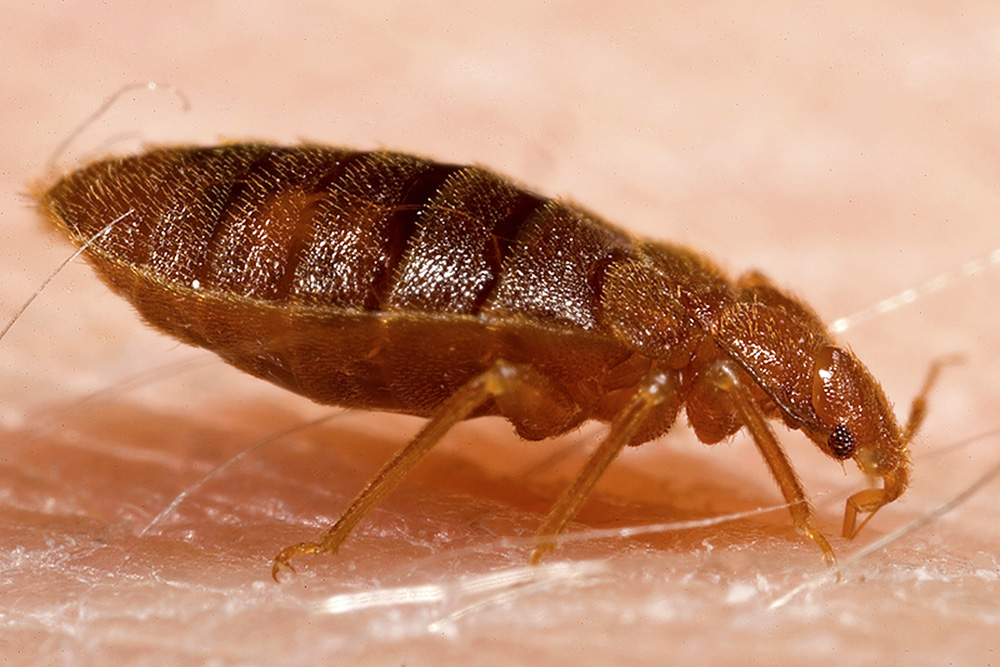Finest Kings Bug Control Cincinnati: Top-Rated Exterminators
Finest Kings Bug Control Cincinnati: Top-Rated Exterminators
Blog Article
A Malfunction of the Different Kinds Of Pest Control Solutions
In the realm of pest control, a multitude of methods exist to attend to and combat the visibility of undesirable animals. As we browse with the diverse landscape of bug control services, understanding the complexities of each technique becomes vital in establishing the most efficient program of action.
Chemical Pesticides
Chemical pesticides are commonly used in bug control to properly remove a variety of bugs and various other bugs. These chemicals function by targeting the nerves of the insects, disrupting their typical functions, and eventually resulting in their death. Making use of chemical pesticides has actually been a staple in the pest control industry for years because of their performance and quick results.

Nonetheless, it is important to make use of chemical pesticides with caution due to their potential damaging effects on the setting and non-target varieties. Incorrect application or overuse of these chemicals can lead to air pollution, damage to useful pests, and resistance advancement in pest populations. It is vital to follow safety and security standards and laws when using chemical pesticides for parasite control.
Biological Control Techniques
Taking into consideration the prospective environmental influences and risks connected with chemical pesticides, organic control techniques provide a more sustainable approach to handling pest populations. Organic control involves using all-natural opponents, such as bloodsuckers, microorganisms, and killers, to suppress insect populations. This method is usually more targeted, impacting just the details parasite types while decreasing harm to helpful bugs, humans, and the setting.

One benefit of biological control is its long-lasting performance. When developed, natural opponents can assist manage pest populaces constantly without the need for repeated applications of pesticides. Furthermore, organic control is commonly extra economical and can help in reducing chemical resistance in insect populations with time. In general, organic control techniques offer a eco pleasant and sustainable solution to pest management.

Mechanical Bug Control
Mechanical parasite control entails the physical adjustment or removal of parasites to manage their populations properly. This technique is frequently used combined with various other insect control strategies for extensive insect administration. One usual example of mechanical insect control is using catches to catch pests or rats. These catches can be set up in calculated locations where parasites are recognized to dwell, helping to minimize their numbers.
One more mechanical method is making use of obstacles such as nets, fences, or screens to obstruct pests from going into particular areas. By literally protecting against parasites from accessing a location, the possibility of infestations or damage can be substantially reduced. Additionally, hands-on approaches like handpicking bugs off plants or frameworks can be effective for smaller-scale problems.
While mechanical parasite these details control methods can be labor-intensive, they offer a non-chemical option that can be eco-friendly and lasting. By targeting bugs straight, mechanical control strategies can help maintain parasite populations in check without counting on chemicals.
All-natural Treatments
Using all-natural Learn More Here remedies for insect control offers a sustainable and environment-friendly approach to managing bug populations without resorting to chemical treatments. All-natural treatments include making use of substances originated from plants, minerals, or other naturally happening resources to hinder or eliminate bugs. Growing specific natural herbs like basil, mint, or lavender around your property can repel insects due to their strong aromas. Diatomaceous earth, a powder made from fossilized algae, can be made use of to fight insects like ants, roaches, and bed insects by dehydrating their exoskeletons.
In addition, vital oils such as tea tree oil or neem oil have insecticidal homes that can efficiently control insects while being risk-free for the environment. Another natural remedy is presenting beneficial bugs like ladybugs or hoping mantises to your garden to take advantage of harmful bugs. By integrating these all-natural solutions right into parasite more helpful hints management techniques, individuals can reduce their reliance on synthetic chemicals and advertise a much healthier, more well balanced ecosystem.
Integrated Bug Management
Integrated Insect Administration (IPM) is a comprehensive technique that combines various techniques to successfully regulate pest populaces while decreasing risks to human health and the environment. IPM entails the combination of multiple insect control approaches such as organic control, habitat manipulation, alteration of cultural methods, and making use of immune crop ranges. By utilizing a combination of these methods, IPM intends to reduce reliance on chemical pesticides, which can have adverse effect on communities and human health and wellness.
One secret aspect of IPM is the focus on avoidance. By applying actions to protect against bug infestations before they occur, such as preserving correct sanitation and securing entrance factors, the need for responsive parasite control procedures is decreased. Surveillance and routine examinations play a crucial function in IPM, enabling early detection of parasite issues and timely treatment.
Final Thought
To conclude, the various kinds of insect control remedies use an array of alternatives for effectively managing bug infestations. Chemical chemicals offer quick elimination yet may have environmental risks. Biological control approaches utilize all-natural predators to control pests. Mechanical pest control includes physical barriers or catches. Natural solutions provide non-toxic alternatives. Integrated Insect Management incorporates numerous approaches for an all natural method to pest control. Each method has its own advantages and downsides, and selecting one of the most ideal service depends on the particular bug problem handy.
Chemical chemicals are generally used in bug control to properly get rid of a large variety of insects and other bugs.Mechanical insect control entails the physical manipulation or elimination of pests to manage their populations efficiently (Kings cincinnati pest control).Utilizing natural solutions for insect control offers a sustainable and environmentally friendly approach to taking care of parasite populations without resorting to chemical treatments.Integrated Parasite Monitoring (IPM) is an extensive approach that incorporates numerous strategies to successfully manage pest populaces while lessening risks to human wellness and the atmosphere.In verdict, the numerous types of pest control solutions provide an array of alternatives for efficiently managing pest problems
Report this page